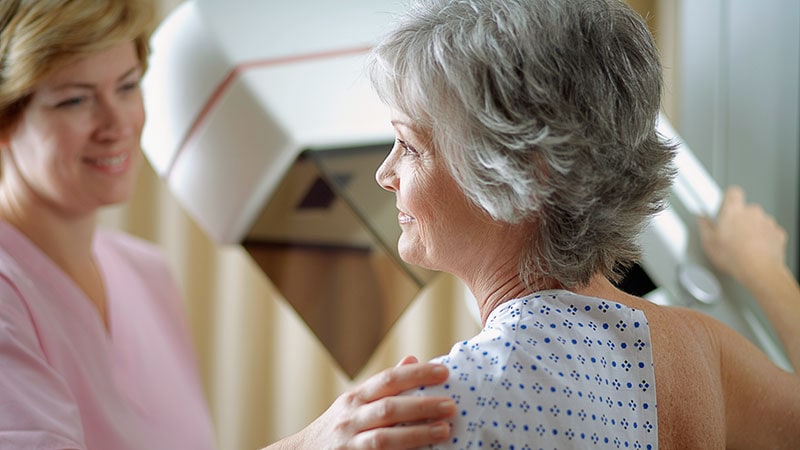Gallstone disease and circulating bilirubin levels are not associated with an increased risk for colorectal cancer (CRC), according to a study published in the British Journal of Cancer.
Previous studies on the relationship between gallstone disease and the risk of developing CRC have been inconsistent. The observational nature of studies has made them vulnerable to confounding, from measured and unmeasured risk factors and reverse causation. It is especially noteworthy that many of the risk factors for gallstone disease include factors that are well-established as risk factors for CRC (obesity, high energy intake, alcohol consumption and diabetes).
To address possible confounding and reverse causation, researchers led by the Institute of Cancer Research in London, examined the relationship using Mendelian randomisation (MR).
They used two-sample MRs to examine the relationship between genetic liability to gallstone disease and circulating levels of bilirubin with CRC in 26,397 patients and 41,481 control participants. The odds ratio per genetically predicted standard deviation (SD) unit increase in log bilirubin levels (ORSD) for CRC was calculated and tested for a non-zero causal effect of gallstones on CRC.
The results showed no association between either gallstone disease (P=.60) or circulating levels of bilirubin (ORSD=1.00; 95% CI, 0.96-1.03; P=.90) with CRC.
The authors say that while the magnitude of effect suggested by some observational studies can confidently be excluded, the possibility of smaller effect sizes and non-linear relationships cannot be discounted.



